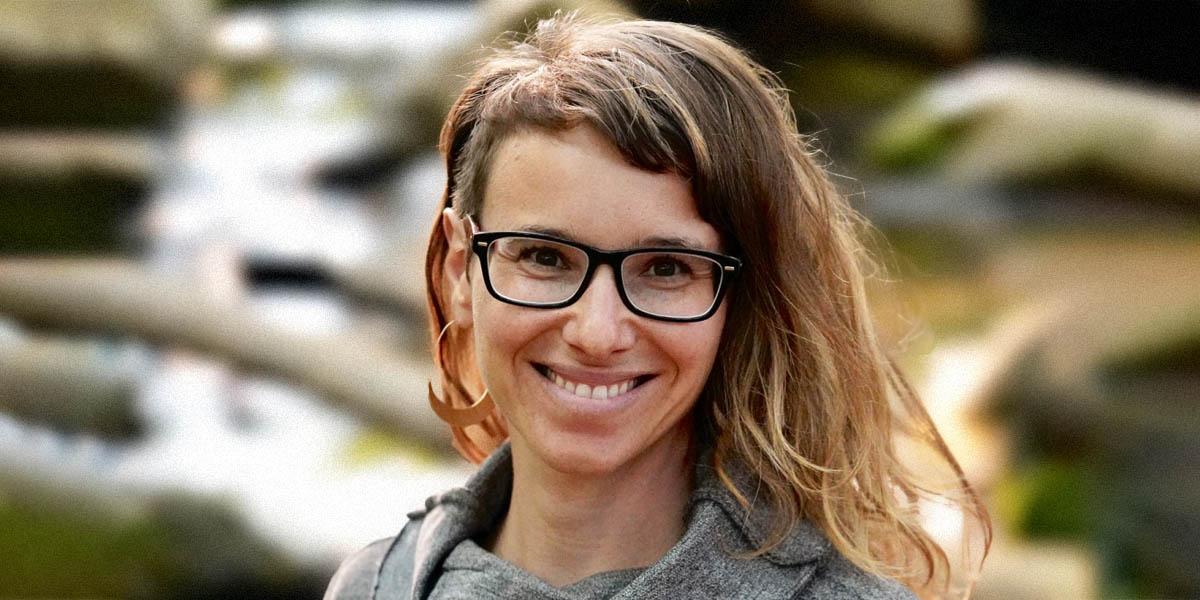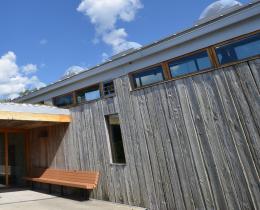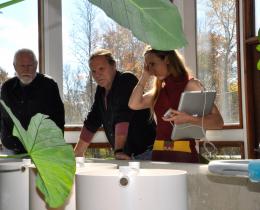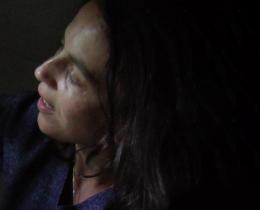Why would you approach a business or organization more like an ecosystem, and what would that look like?
"Ecosystems are predicated on many things we want to emulate in a regenerative culture, such as reciprocity, mutual growth, and resilience," says Abrah Dresdale, the founder of Regenerate Change, a nonprofit whose purpose is to apply a nature-informed perspective to making change across scales, from the individual to the cultural level.
"Since our current social systems are failing a majority of us, I propose through my book and my courses that we deconstruct all that we have learned and question it,” Abrah says.
“That's partly because so much of what we have inherited—in terms of organizational structure and process—actually leads to degenerative cultures, toxic workplace, burnout, martyrdom, white supremacy, all of the things we are trying to transform."
With a combined 30 years of experience in consulting and teaching living systems, social permaculture, regenerative design, and social justice, Regenerate Change has the experience and the backbone to do so.
Social Design Lab
Abrah has taught at University of Massachusetts, Greenfield Community College, and Franklin County Jail in Massachusetts, and she serves as the social design faculty for Omega’s Ecological Literacy Immersion Program.
“I helped ELIP expand the concept of physical ecosystems to include the self and the social layer,” she said. “How do we become literate in social patterns, including the ability to self-reflect on our ideologies and how it affects what we observe, interpersonal dynamics of power and oppression, and ancestry and conduct?”
Perhaps her most notable ELIP contribution is the Social Design Lab, in which each student designs their own regenerative social change endeavors, such as a SuperAdobe business that teaches natural construction, or an ecological art installation that highlights permaculture.
“In week one, we do work around mapping of the self, the individual designer. Then in week four, students choose a change-making project that impacts a community they are accountable to, and uses the regenerative design process to develop that project.”
Each student takes home a concrete implementation plan including accountability structures, evaluation benchmarks, and a mutual support buddy to check in with along the way. Abrah also has served as the lead for Omega's Regenerative Design for Changemakers, a 5-day social design workshop.



